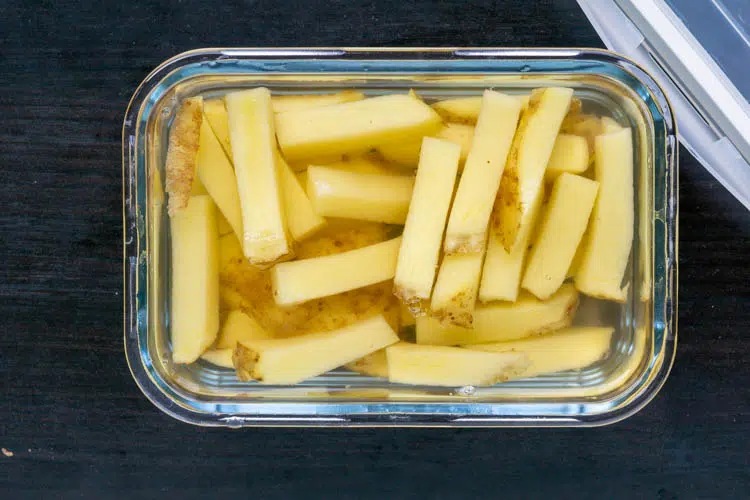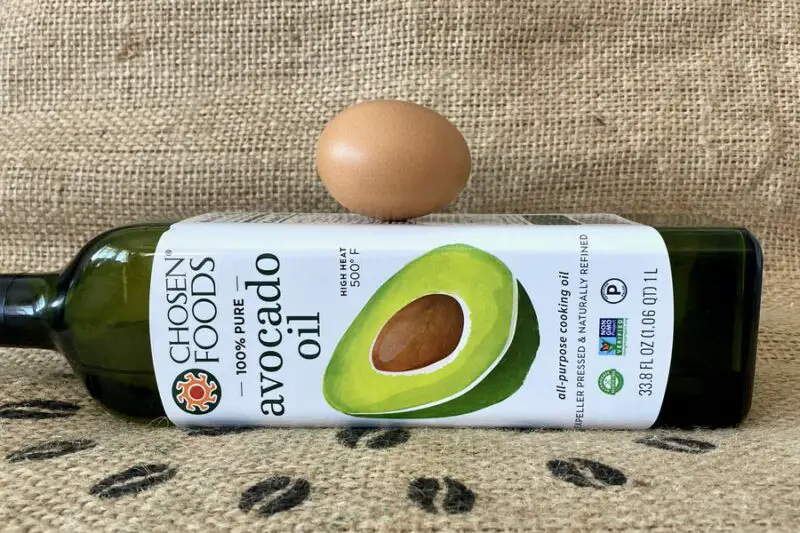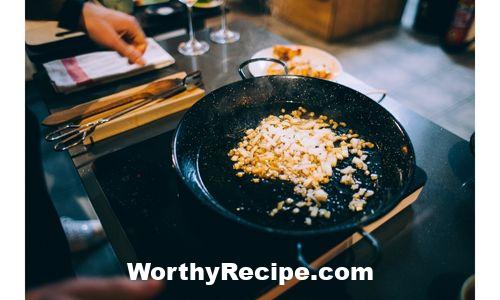How Long Can Potatoes Stay in Cold Water Before Cooking?
Potatoes are a versatile and delicious ingredient that can be cooked in a variety of ways, from crispy roasted potatoes to smooth and creamy mashed potatoes. One common practice when preparing potatoes is to soak them in water before cooking. But how long can potatoes stay in cold water before cooking without losing their texture and flavor?
Introduction
Soaking potatoes before cooking is a method used to improve their texture and flavor. Properly soaking potatoes can help to remove excess starches, prevent them from oxidizing, and allow them to cook more evenly. While soaking potatoes is not always necessary, it can be especially beneficial when using starchy or waxy varieties of potatoes.
The Science Behind Potato Soaking
Potatoes contain enzymes that cause them to turn brown or oxidize when exposed to air. This process can also occur when they come into contact with acidic liquids or metals. Soaking potatoes in water helps to prevent oxidation by removing the oxygen from the surface of the potato.
Cold water is the preferred method for soaking potatoes because it reduces the enzyme activity responsible for oxidation. Warm or hot water may speed up the oxidation process, leading to discolored, mushy, or less flavorful potatoes.
Factors Affecting Soaking Time
The time required for soaking potatoes can vary depending on several factors, including:
- Type of potato
- Cut size and shape
- Water temperature
- Water quality
- Other factors such as altitude or humidity levels
The type of potato being used can affect how long it needs to soak. Starchy varieties such as russet potatoes may require longer soaking times to remove excess starches, while waxy varieties such as Yukon gold potatoes may only need a short soak before cooking.
The cut size and shape of the potatoes can also impact soaking time. Smaller cuts will require less time to soak than larger ones, and thin slices or wedges may need less time than larger cubes or chunks.
The temperature and quality of the water used for soaking can also affect how long it takes for the potatoes to be ready for cooking. Cold, clean water is recommended for soaking to inhibit oxidation and prevent contamination by bacteria or other microorganisms. Tap water may contain chlorine or other chemicals that could affect the taste or texture of the potatoes, so using filtered or bottled water is preferable.
Recommended Soaking Times
Whole Potatoes
The recommended soaking time for whole potatoes can vary depending on the type of potato being used:
- Russet potatoes: 30 minutes – 2 hours
- Yukon gold potatoes: 15-30 minutes
- New potatoes: 10-15 minutes
When soaking whole potatoes, it is important to monitor them closely and remove them from the water as soon as they are ready. Potatoes that are soaked for too long can become mushy and lose their flavor.
Cut Potatoes
The recommended soaking time for cut potatoes will depend on their size and shape:
- Small cuts (thin slices, wedges): 10-15 minutes
- Medium cuts (cubes, small chunks): 20-30 minutes
- Large cuts (big chunks): 30 minutes – 1 hour
Again, it is important to remove the potatoes from the water as soon as they are ready to prevent them from becoming mushy or losing their flavor.
Peeled Potatoes
The recommended soaking time for peeled potatoes will depend on their intended use:
- Mashed potatoes: 30 minutes – 1 hour
- Baked potatoes: 1-2 hours
Soaking peeled potatoes can help to improve their texture and ensure even cooking. However, it is important to be cautious when soaking peeled potatoes for extended periods, as they can lose some of their nutrients over time.
The Risks and Benefits of Extended Soaking
While soaking potatoes can provide several benefits, such as improved texture and flavor, there are also some risks associated with extended soaking times:
Benefits:
- Improved texture and flavor
- Even cooking
Risks:
- Loss of nutrients due to leaching into the water
- Possible growth of bacteria or microorganisms in the water
To minimize these risks, it is important to practice proper food safety measures when soaking potatoes. This includes using clean water, monitoring soaking times closely, and refrigerating soaked potatoes if they will not be used immediately.
Best Practices for Potato Soaking
To get the most out of potato soaking, it is important to follow these best practices:
Choosing the Right Potatoes
Selecting the appropriate type of potato for the intended dish can help to ensure optimal results when soaking. Starchy varieties such as russets are ideal for mashed or fried dishes, while waxy varieties such as Yukon golds are better for roasted or boiled dishes.
Preparing the Water
Using cold, filtered or bottled water and a clean container can help to prevent contamination by bacteria or other microorganisms. Adding salt to the water can also enhance the flavor of the potatoes.
Monitoring Soaking Time
Keeping an eye on soaking times and removing the potatoes from the water as soon as they are ready can help to prevent over-soaking and ensure optimal texture and flavor.
Conclusion
Soaking potatoes in cold water is a popular method used to improve their texture and flavor when cooking. The recommended soaking time can vary depending on several factors, including the type of potato, cut size and shape, and water temperature and quality. By following best practices and being cautious with extended soaking times, home cooks can achieve delicious results with their favorite potato dishes.
How much time can potatoes stay in cold water before cooking?
Potatoes can stay in cold water for up to 24 hours before cooking. However, it is ideal to avoid keeping them for more than 2 hours to prevent bacterial growth.
Can potatoes absorb too much water if they are soaked overnight?
Yes, they can absorb too much water and become mushy if they are soaked overnight. It is recommended to soak them for only an hour or two, depending on the size of the potatoes.
Does the type of potato affect how long it can stay in cold water?
Yes, different potato varieties have different textures and water content. Therefore, the soaking time may vary based on the type of potato you are using. For example, new potatoes may only need to be soaked for an hour, while larger Russet potatoes may require up to 2 hours.
Can I use the water that the potatoes were soaking in?
No, it’s not recommended to use the water because it may contain bacteria and starch from the potatoes. It’s best to drain and rinse thoroughly with fresh water before cooking.






